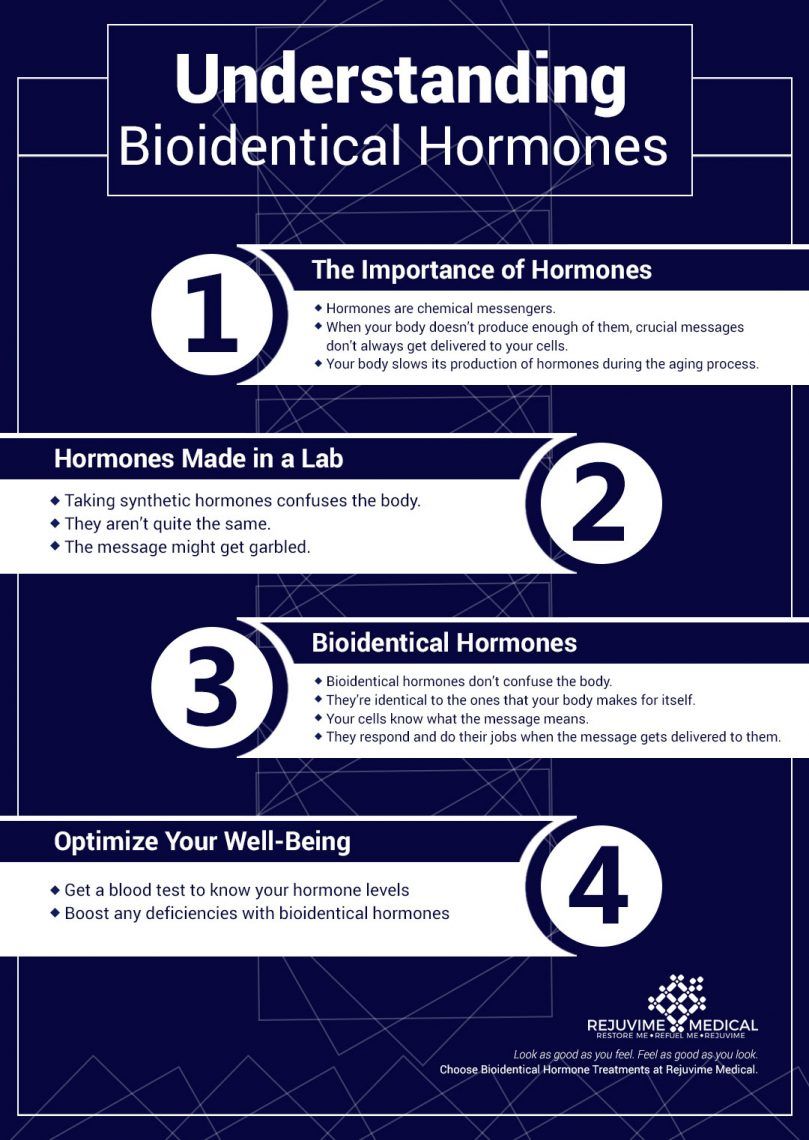5 Things You Should Understand About Bioidentical Hormones

If you feel like hormones are a bit fuzzy and incomprehensible, you’re not alone. You might throw the term around when you talk about “teenagers with raging hormones,” and you might be able to name some of the common hormones, such as testosterone, estrogen, and thyroid hormones, but you still might be a bit confused about what they do. In this blog post from our bioidentical hormone clinic in Baton Rouge, we hope to give you a clearer picture of what hormones do, why they’re important, and how you can optimize your body’s ability to function.

1. Your cells have to communicate with each other.
Your cells don’t operate in isolation. In order to coordinate their activities, they need to be able to send and receive signals from other cells.
2. Cells receive messages through receptors in their cell wall.
The cell wall of a cell is called the phospholipid bilayer, and it is embedded with all sorts of different proteins that act as receptors for certain microscopic molecules. Each receptor will typically only bind to the molecules that are of the exact 3-D shape to fit their structure. Think of the tip of your phone charger and the port that it plugs into on your phone. A different model of phone charger won’t fit and won’t charge your phone.
3. Hormones are chemical messengers that fit certain receptors your cell membranes.
When one system of your body needs to communicate with another system or with cells that are a great distance away, hormones are usually the messengers that do the job. These hormones float in the bloodstream and get carried to all parts of the body, where they deliver their messages to the appropriate places.
4. Bioidentical hormones are exactly the same shape as your body’s hormones.
While synthetic hormones made in the lab are close, they’re not an exact match to the ones your body makes. Therefore, when they encounter the receptors that are supposed to receive their message, their slightly different shape might prevent them from binding to that receptor. The cell might never get the message that you intended for it to receive. Bioidentical hormones, on the other hand, don’t have this problem. When they circulate in the bloodstream, they get the job done.
5. You feel better when your hormones are at optimum levels.
Hormones are responsible for a lot of jobs in your body, and when they do their jobs properly, you feel better, more energized, with more stable good moods, and much more. Hormones help to regulate your weight, your blood sugar, your sex drive, and countless other things.
Science is not yet to the point where it can override aging. However, we do understand how hormones affect certain critical components of the aging process, and thanks to technology, you can take advantage of those things to alleviate some of the physical symptoms of aging. Why not feel better and enjoy life to the fullest?
Restore, refuel, and rejuvenate yourself at Rejuvime Medical today. Get started by contacting us for your free initial consultation.
Get in Touch
Questions? Contact us today by phone or book an appointment online.
Questions? Call our office:
(225) 228-3128






